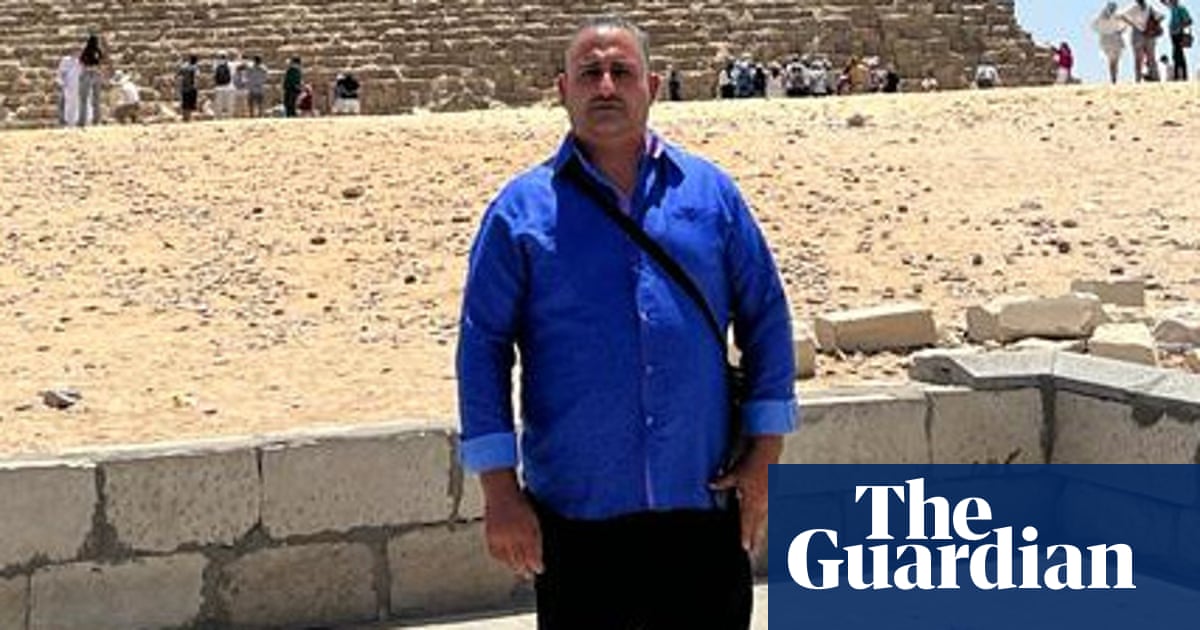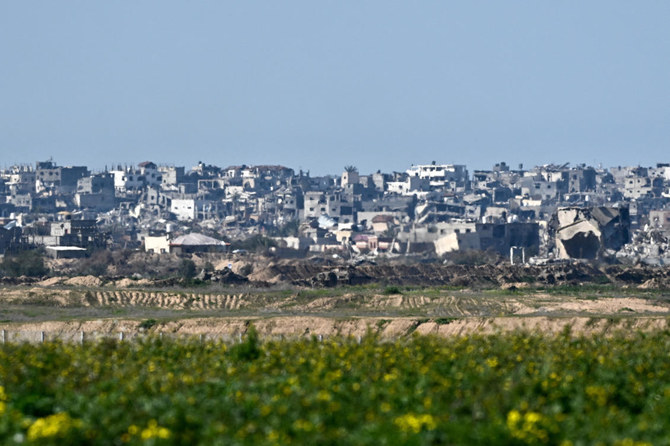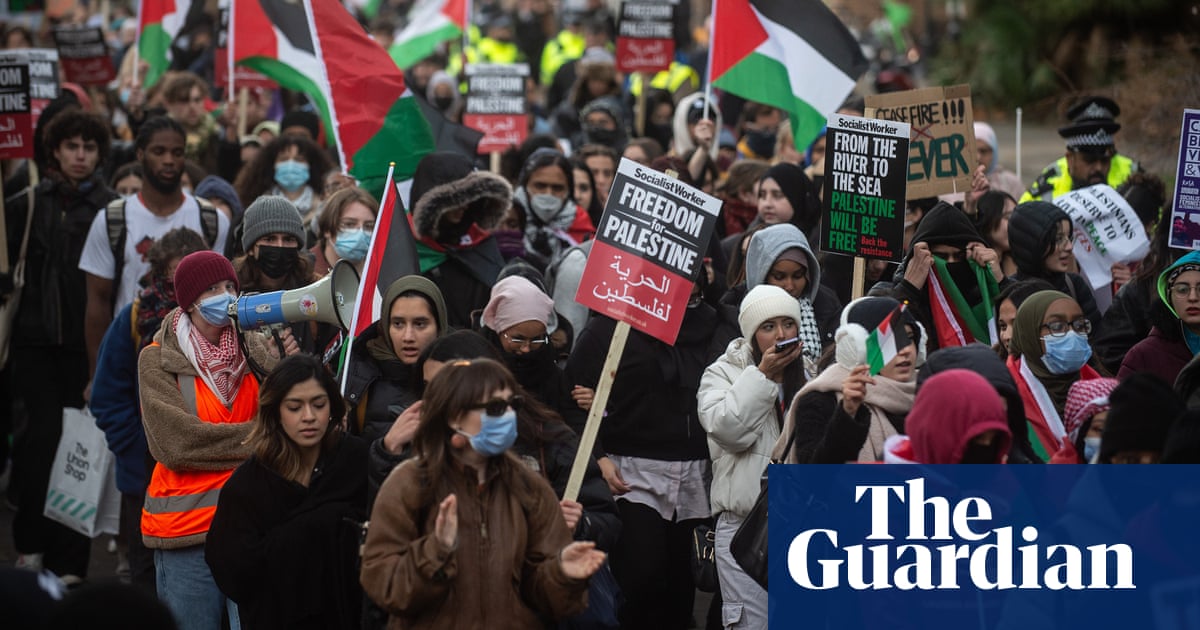
Nasser Hamid Said and his family spent five weeks trapped in the city of Jabalia in northern Gaza before finally making it across the border to safety last Monday. They returned to their home in west London on Sunday but are still suffering the trauma of what they experienced.
Hamid Said, 52, still dreams he is in the conflict that has claimed the lives of members of his family. His sons are terrified by the sound of fireworks and the family is trying to forget weeks of Israeli bombardment, surviving on scarce food supplies, dirtied water and without electricity.
“I had to leave. We didn’t have any choice,” he said, recalling their journey south to the Rafah border crossing. “The British embassy couldn’t do anything, nobody could help us. If you’re not [going] to die from a bomb you will die from hunger.”
While the family is among the hundreds of foreign nationals who have escaped Israel’s airstrikes and the spiralling humanitarian crisis, more than 2 million people in Gaza, nearly half of whom are children, remain under siege after Hamas militants killed at least 1,200 people and abducted 240 hostages in a surprise attack on 7 October.
The UK government and Labour party are facing mounting pressure to back a ceasefire and calls for international laws to be upheld in the war that has killed 11,000 Palestinians and become the bloodiest chapter in the 75-year-old Israeli-Palestinian conflict.
On Monday, calls for a ceasefire were echoed by the International Centre of Justice for Palestinians, who wrote Rishi Sunak on behalf of the Palestinian community, criticising the government’s inadequate calls for “humanitarian pauses”.
When Hamid Said and his family first attempted to leave, their car was shot at by Israeli soldiers, he recalled. With only water, they walked south towards the border, as he shielded his sons, aged 8 and 12, from the surrounding dead bodies. They feared being shot by Israeli soldiers as they walked three minutes ahead of other family members so that an airstrike would not kill them all.
“I told my sons, just take up your hand with a white piece of material and come with me,” he recalled. “I didn’t want my sons to see anything that was going on.”
While they are happy to be back in London, Hamid Said thinks unhappily of the relatives who want to come to the UK, but are unable to. “We need the UK government to try to help to stop this war,” he said. “For both sides.”
Faras Abuwarda’s family were visiting loved ones in Gaza before the conflict began. Abuwarda, a legal consultant, travelled from London to Egypt twice to try to get his family out. Their names were finally included on a list of British nationals permitted to leave Gaza at the Rafah crossing last week and his wife and five children – two of whom are autistic – walked three hours south, before taking a taxi to Khan Younis.
Abuwarda was told by government officials that the air fare from Cairo to London could be lent to him in exchange for his passport, which would be returned once the money was repaid. He waited for officials to call him to book the tickets but no call came. He then decided to borrow $1,200 from friends instead.
He said they received rough treatment from government officials at the hotel in Cairo. “We did not get any words of solidarity, or actually care [for] the family at all,” he said. At the hotel, the family of seven was split into two rooms each with a single double bed, and Abuwarda slept on the floor.
Abuwarda and his family are now safe in London. His children have returned to school and he is preparing to return to work after taking sick leave, but he constantly thinks of his family left behind in Jabalia and is deeply critical of the UK government’s failure to help Palestinians.
“I’m still very disappointed by the government attitude the way they dealt with us British citizens in Gaza,” he said. “We need the government to help to bring our family as well. Same as the offer for the Ukrainian people.”












